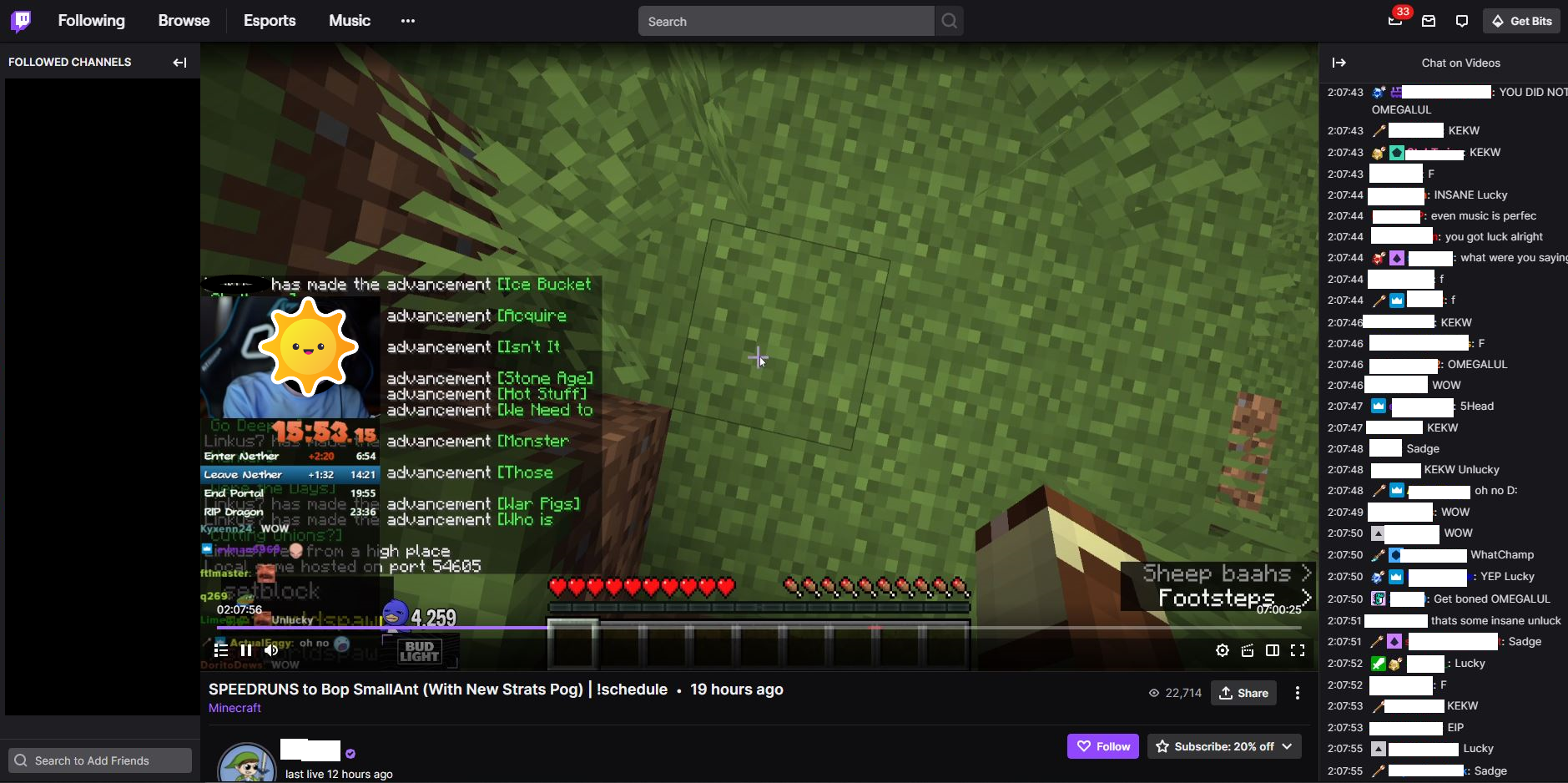Learning in Digital Worlds

Twitch as a learning environment: community
Even though Twitch is used for many more interests than gaming, if you play video games, it is likely you know this livestreaming platform. In this blog post I will look at Twitch as a learning environment. Even though Twitch does not always has to be a learning environment and might not even be designed…
Read more
The TikTok ban: what might be lost?
Amidts growing concerns surrounding the safety of TikTok, calls for its ban have emerged not only the U.S., but also in the Netherlands. The primary fear is that TikTok may share the data it collects from users worldwide, including U.S. and European citizens, with the Chinese governement, potentially enabling spying activities. Consequently, these concerns have…
Read more
TikTok as a learning environment: Collaboration
Though TikTok is mostly know for catchy songs and dancing, in this series of blog posts, I want to look at TikTok as a learning environment. This should not be misunderstood as an argument that TikTok is always and in every instance a learning environment. Instead I’m using a lens of learning and development to look at TikTok and how this digital platform might shape learning and behaviour.
Read more
Girls and Gamification
While both boys and girls play (digital) games, gaming as a hardcore leisure activity is often seen as something boyish. In fact, some studies point out that boys play more frequently and for longer periods of time. There also appears to be a gender difference in taste, as boys seem to have a preference for…
Read more
Are you an educated person?
In an article from 1996, Levinson and Holland argue that what happens at schools to educate future generations is not a neutral practice: in schools a certain type of ‘educated person’ is created.
Read more
Gamifying student behaviour
Gamification is commonly defined as the use of game-design elements in non-game contexts. Game design elements include, but are not restricted to, achievements, badges, timers, avatars, but also something like narration (a story). Therefore, gamification includes a wide range of activities and applications, from quiz software like Kahoot to classroom management tools like ClassDojo and…
Read more
New tools, new learning, new brain?
Around 15 years ago on a conference, Tim O’Reilly argued a shift had happened in how ‘the web’ worked. A shift from Web 1.0 to Web 2.0. Web 2.0 did not only change the infrastructure of the web to make it the way that we know it today, but scholars have also argued it has changed the way we learn.
Read more
The online classroom
Due to the COVID-19 pandemic, schools all over the world are increasingly shutting down and switching to online forms of learning. It is interesting to see that schools and teachers still try to maintain the idea of a classroom even when the physical classroom is gone or temporarily inaccessible. For instance, for some schools in…
Read more
Will digital media outrun the school?
On Monday the 2nd of December 2019 Dutch news outlets, such as Trouw and NOS, had shocking headlines: according to research by Qompas Dutch students’ (12-18) interest in school courses is decreasing as well as their grades. Though not a research result, the director of Qompas, Boris Eustatia, suggests a possible cause: that education can no longer keep up with the fast world of smartphones in which young people live.
Read more
Kahoot: classroom carnival
Most teachers will probably have used (or at least: heard of) Kahoot, the digital quiz application that can be accessed by students using their smartphones. Kahoot is frequently used to kill the remainder of class-time while all at the same time doing something that is both ‘useful’ and ‘fun’. Kahoot is an interesting phenomenon. On…
Read more